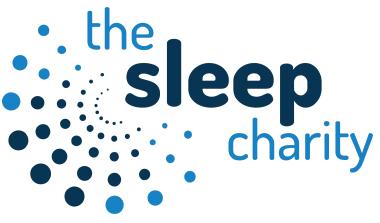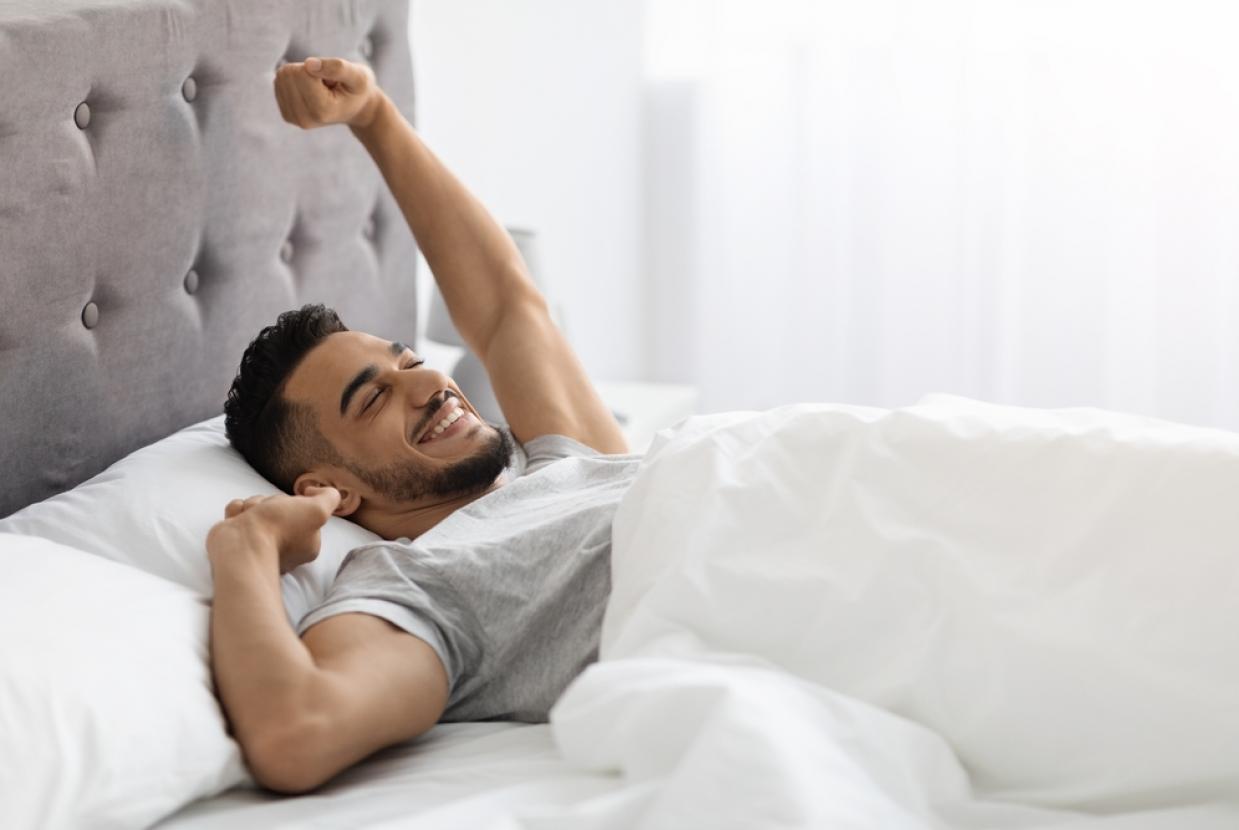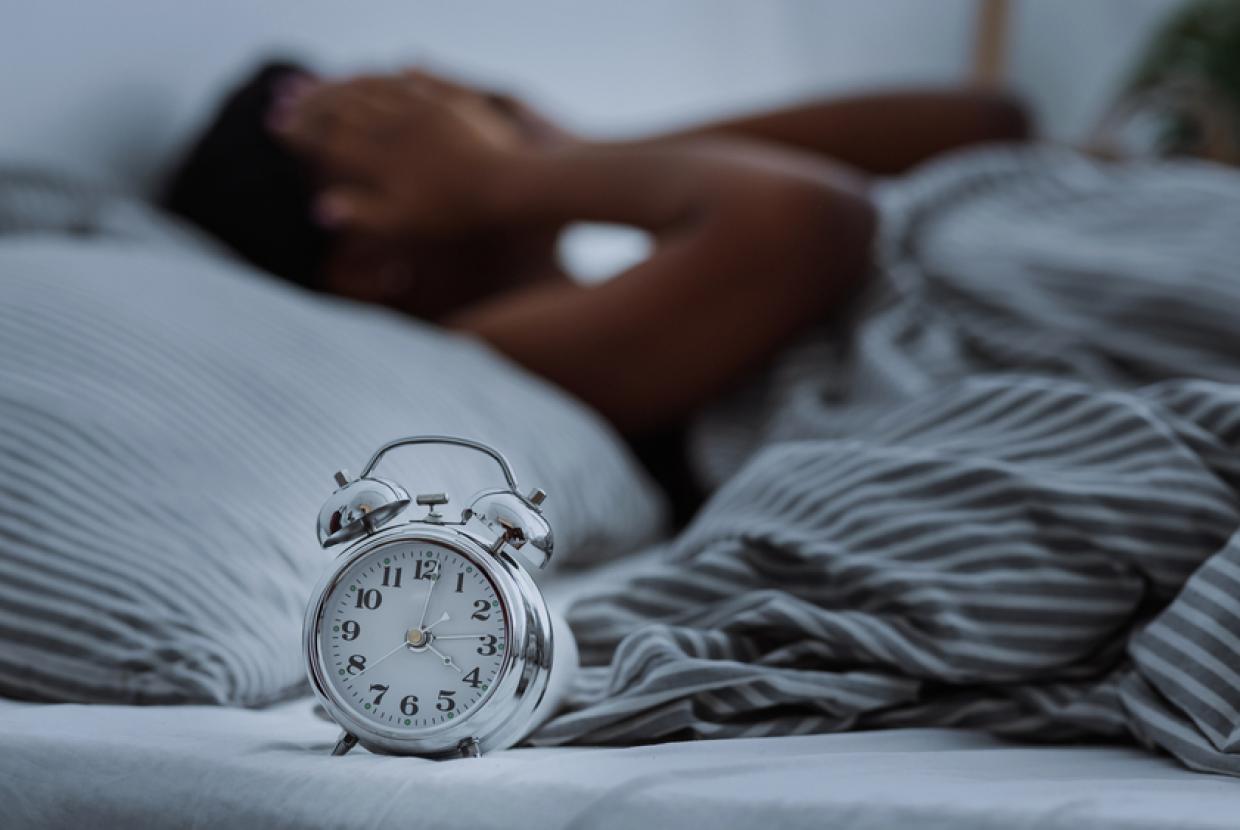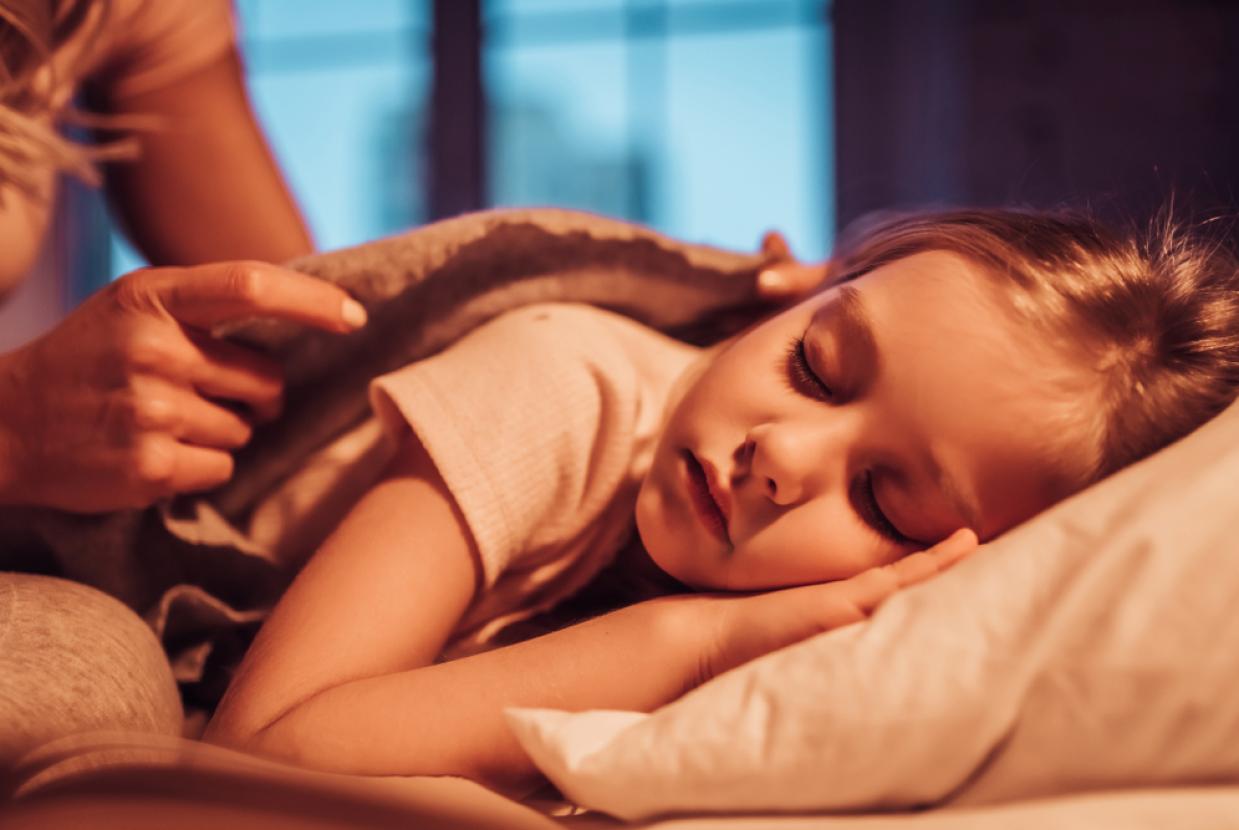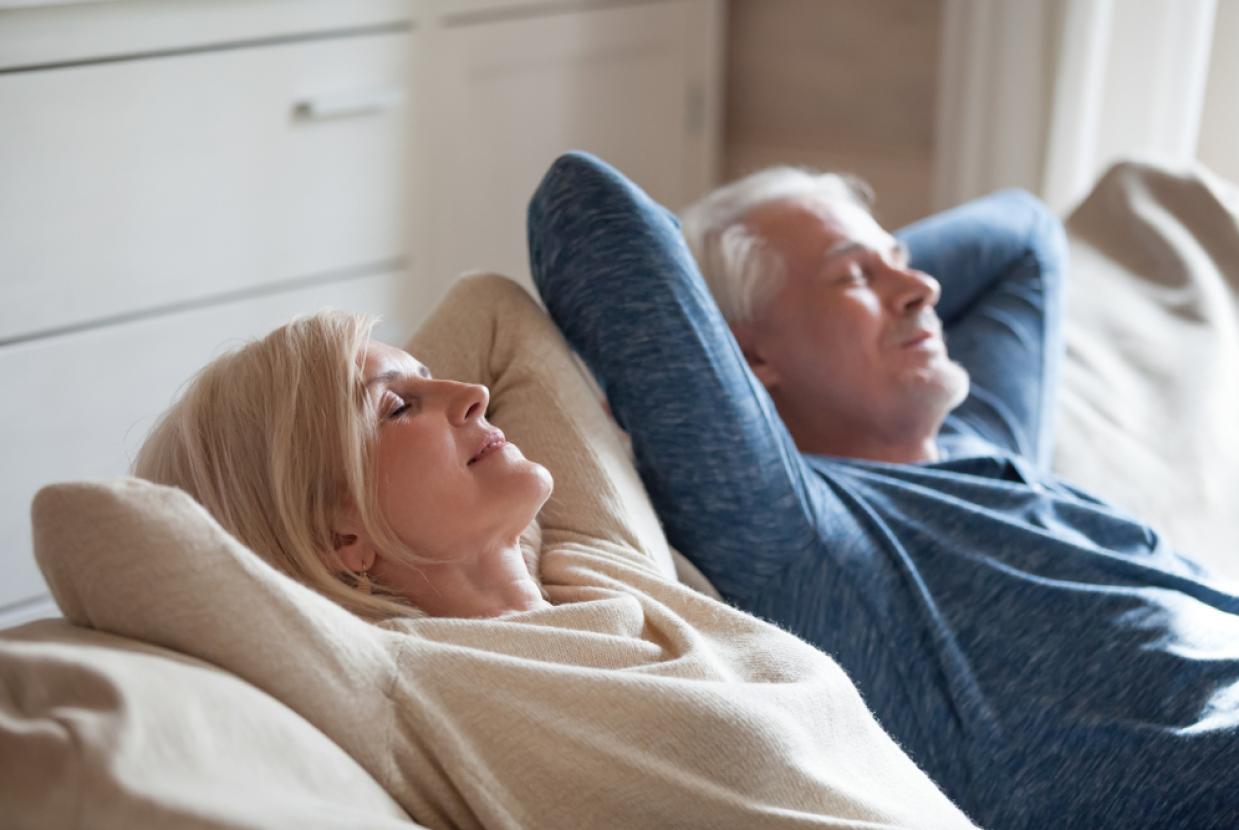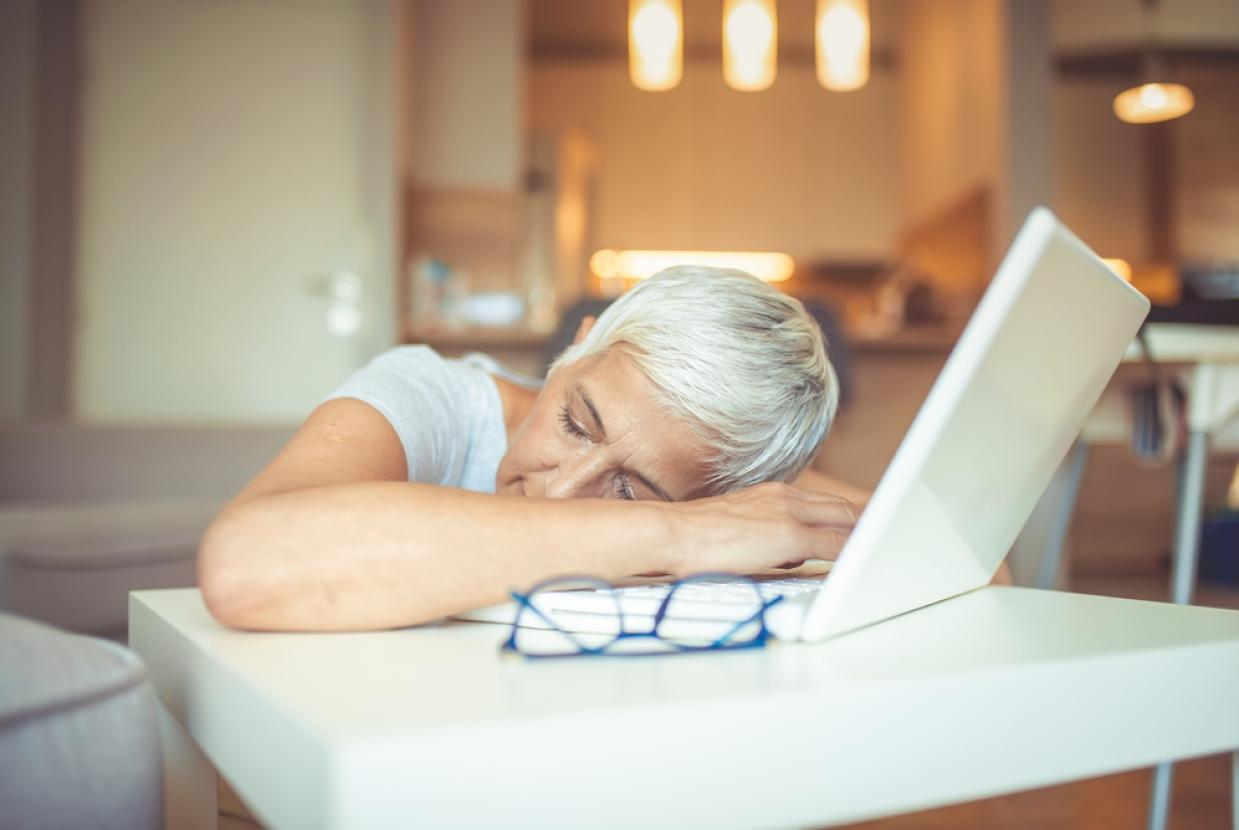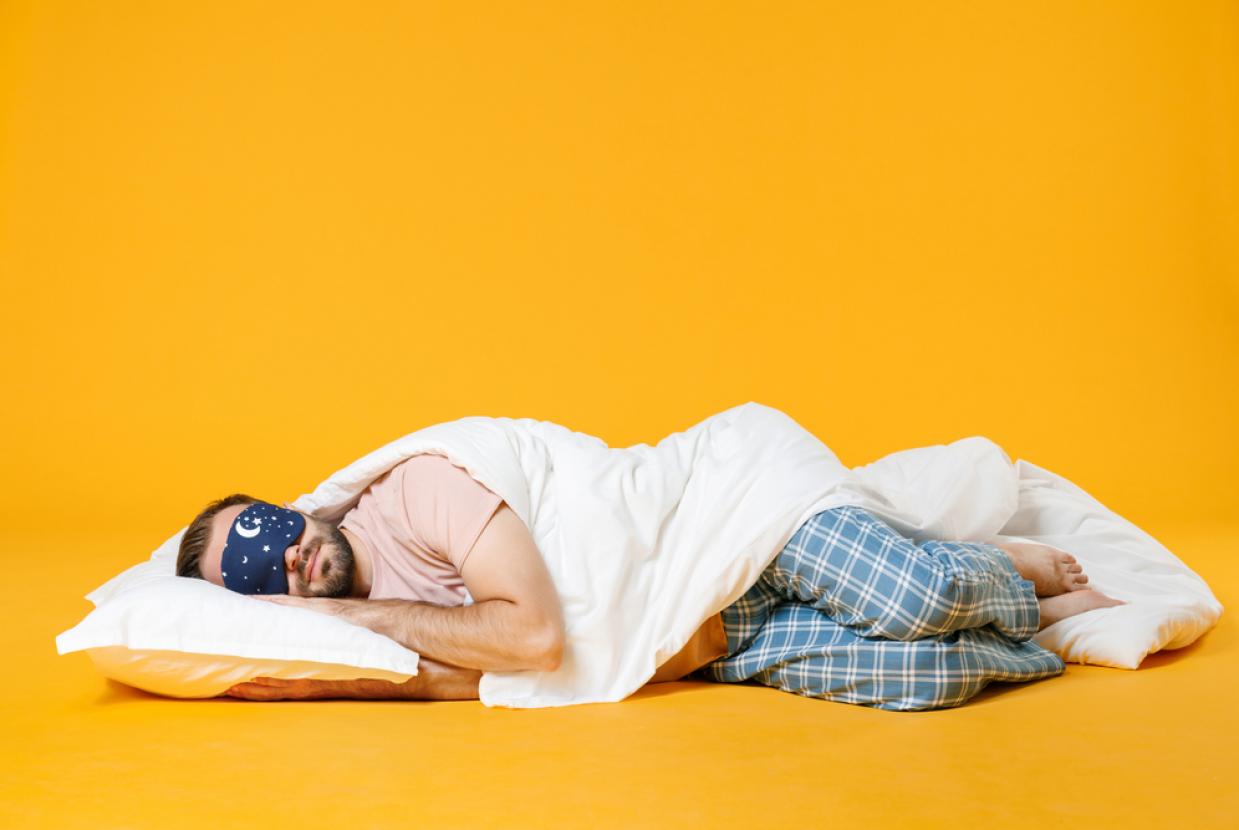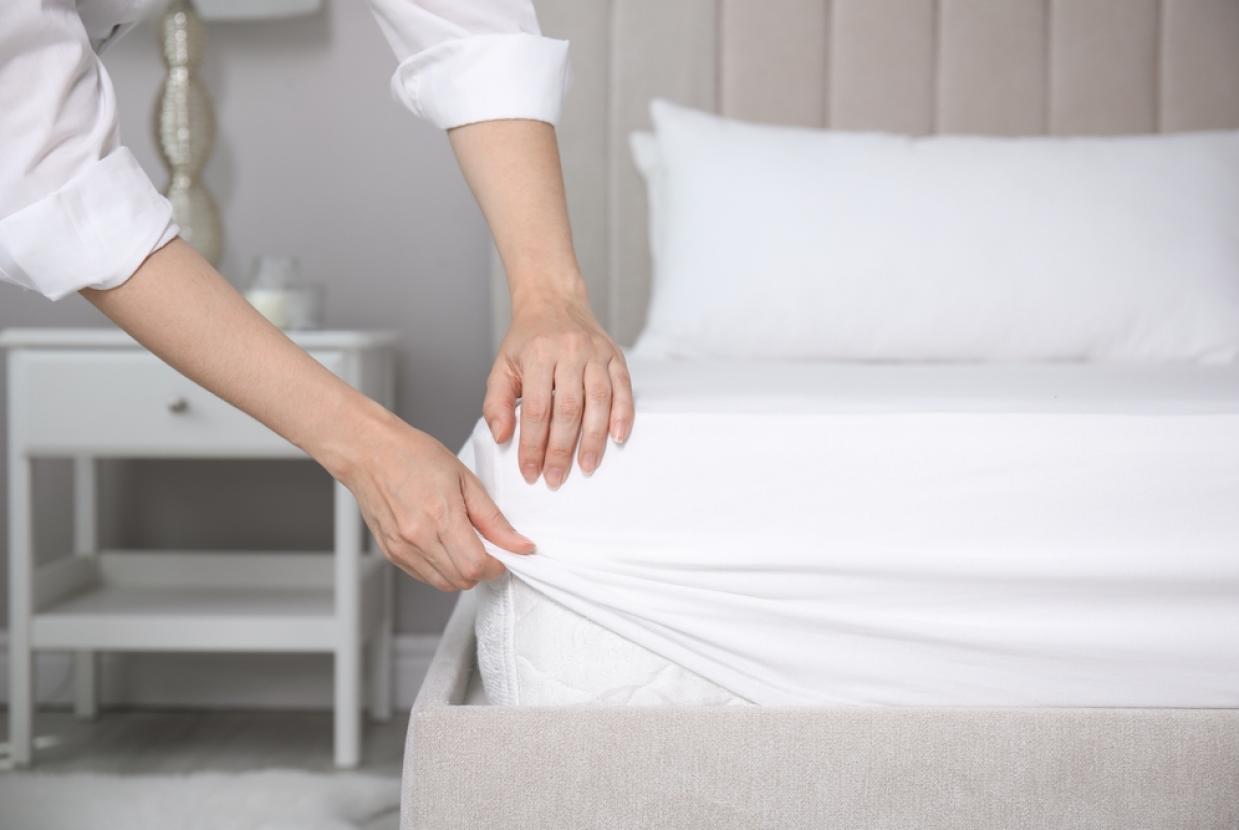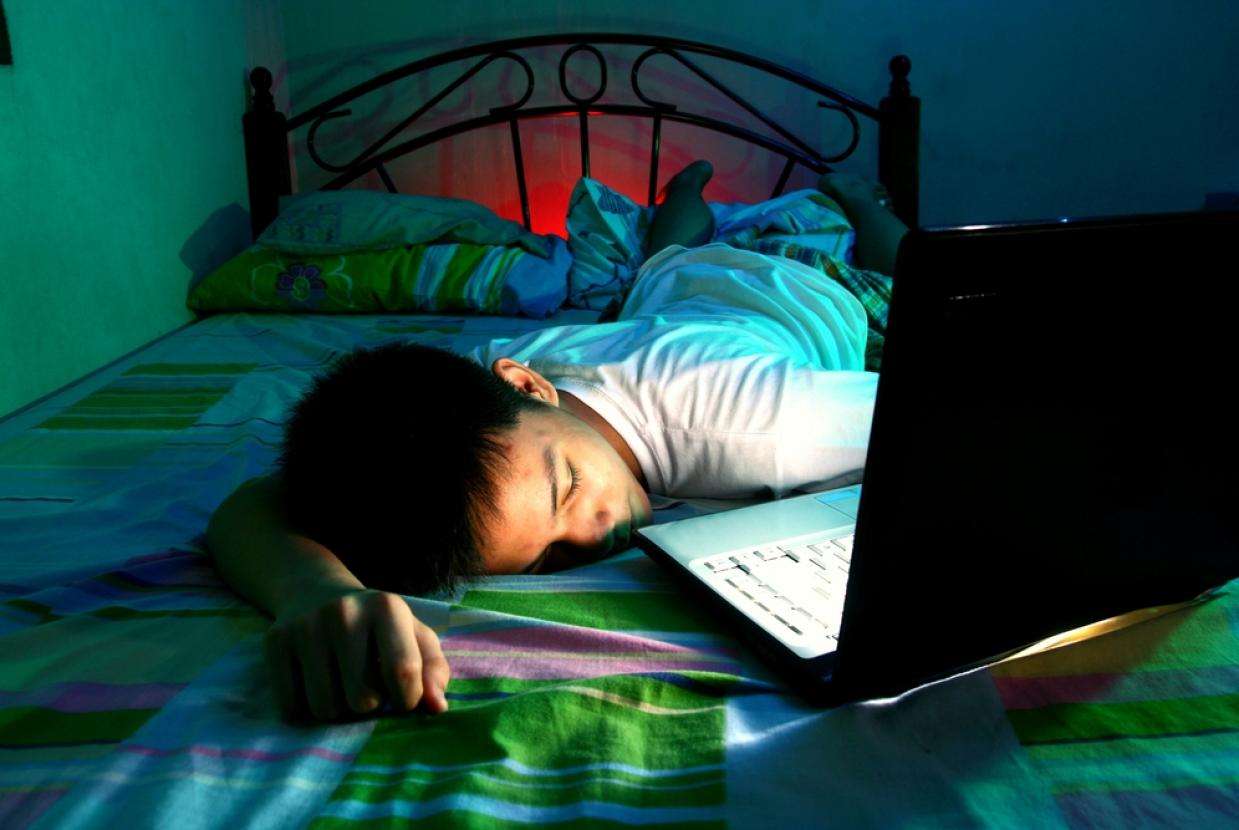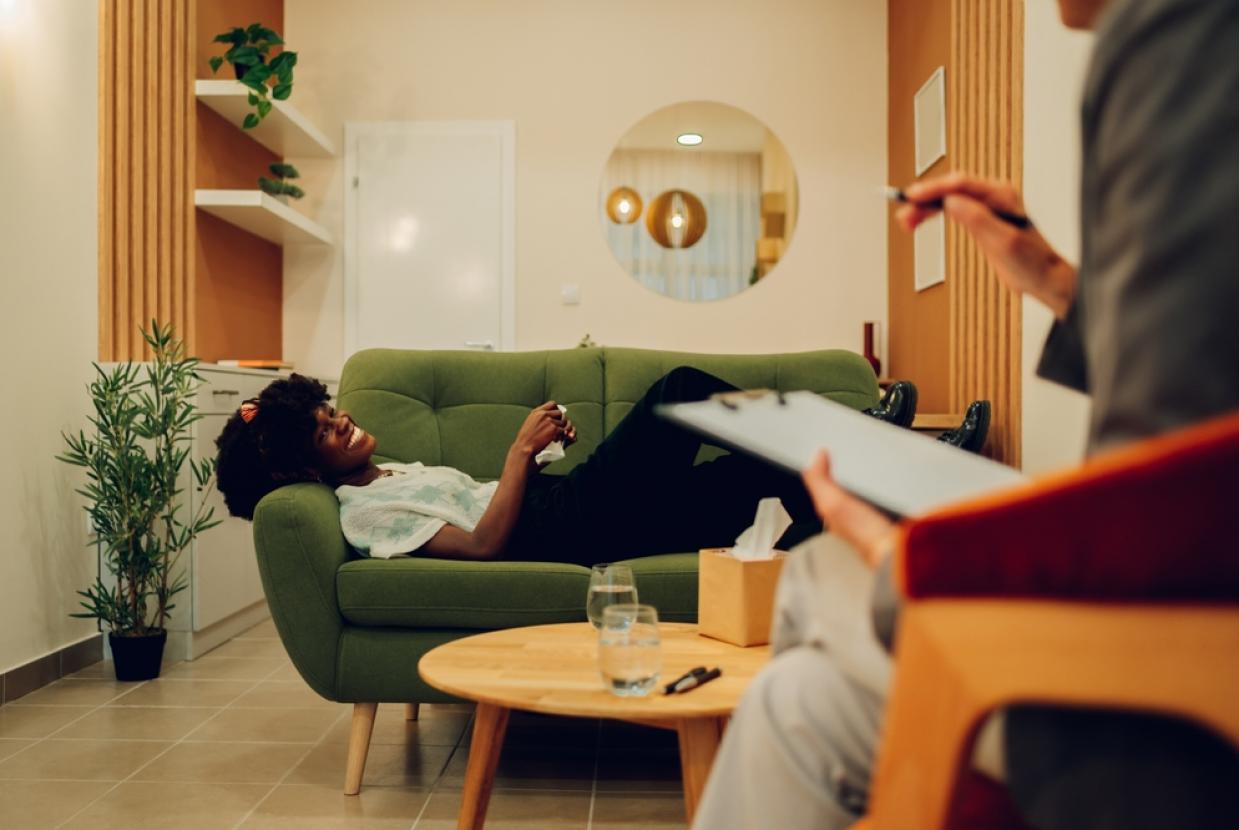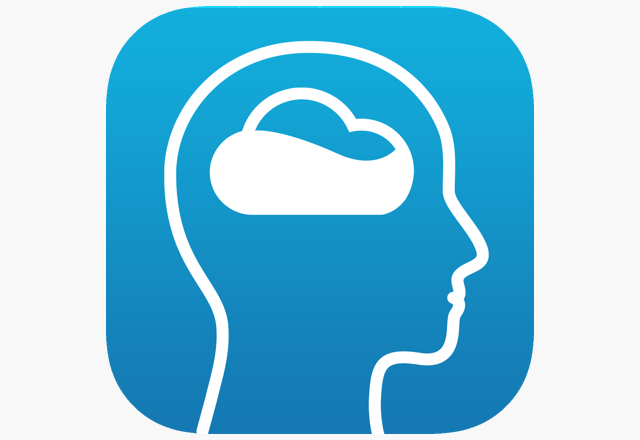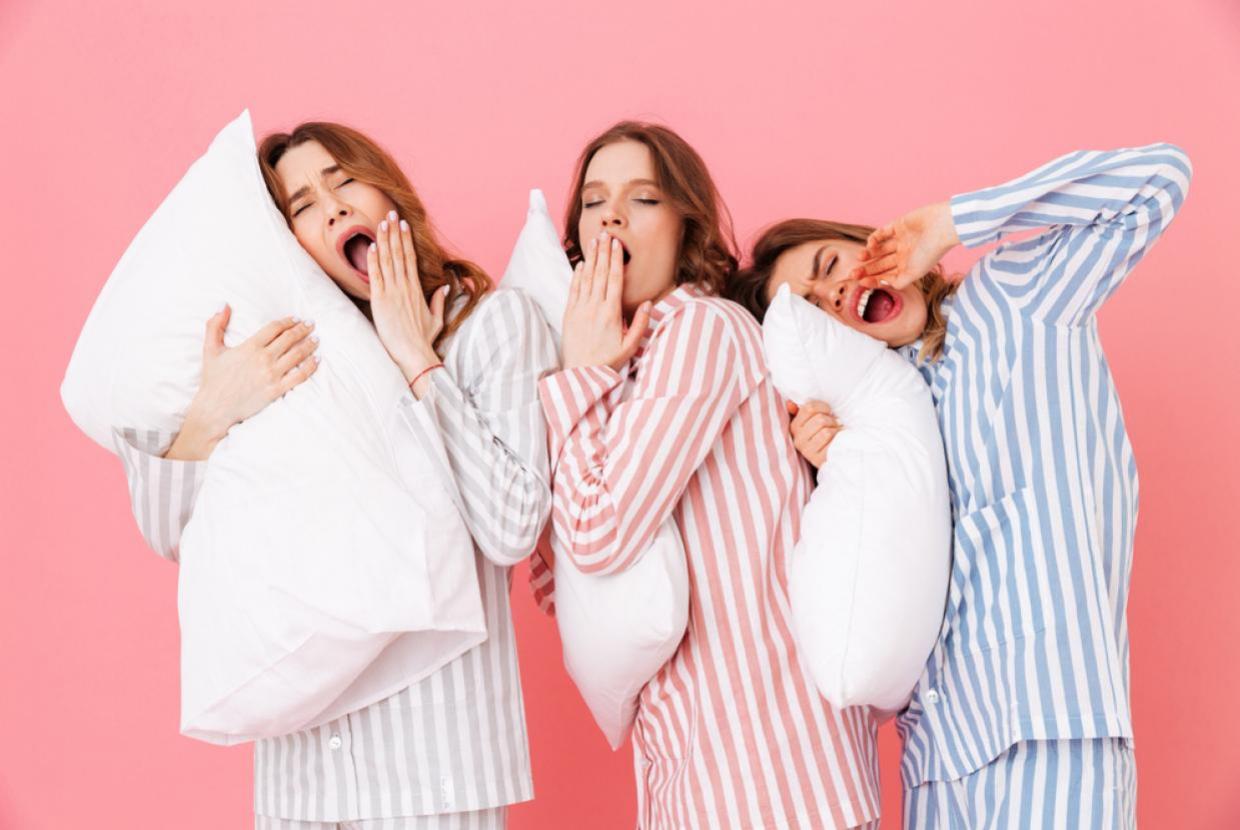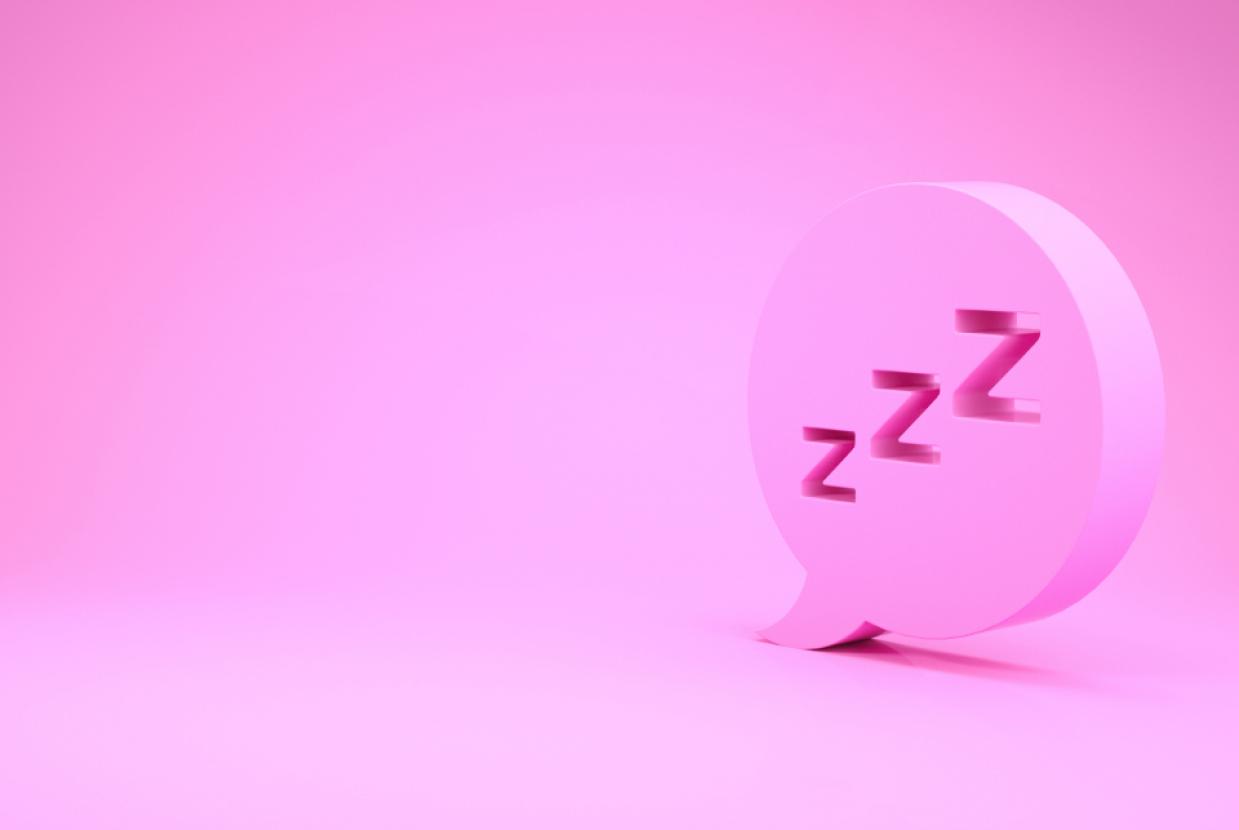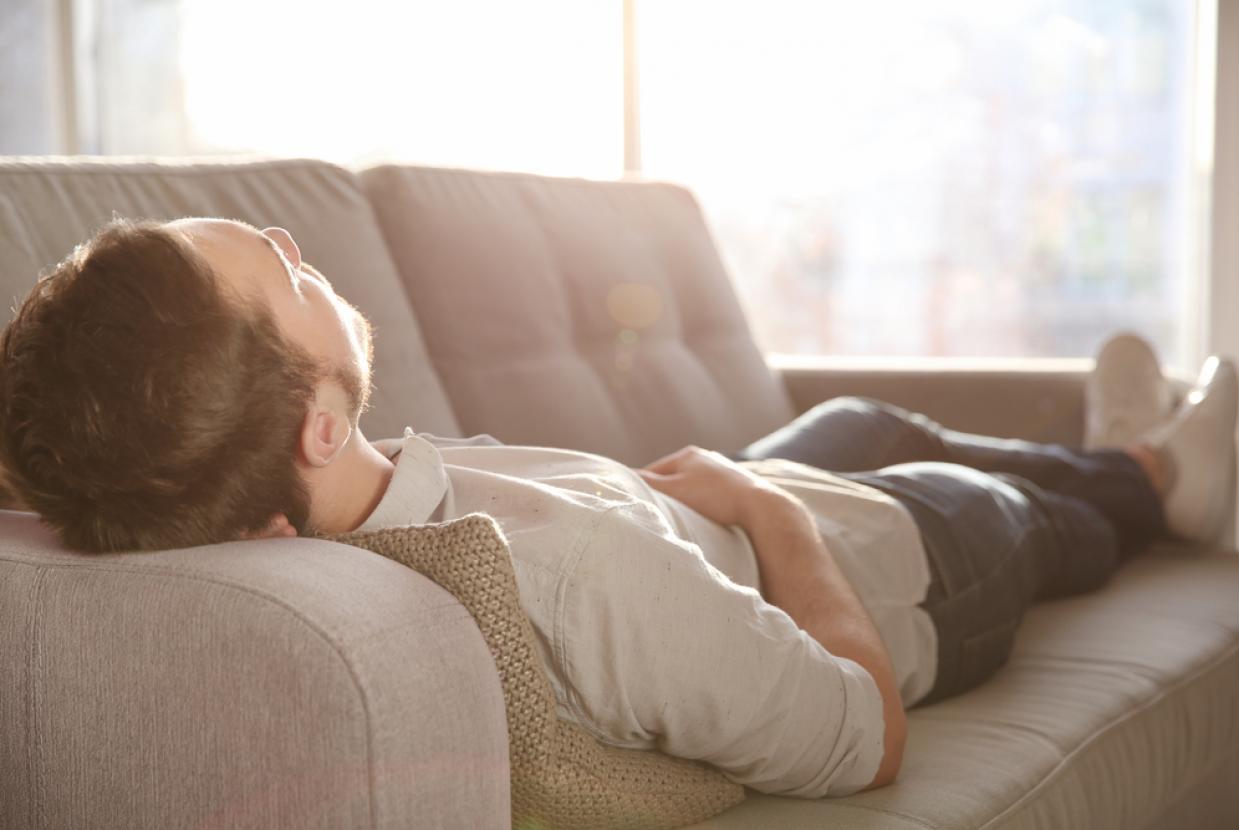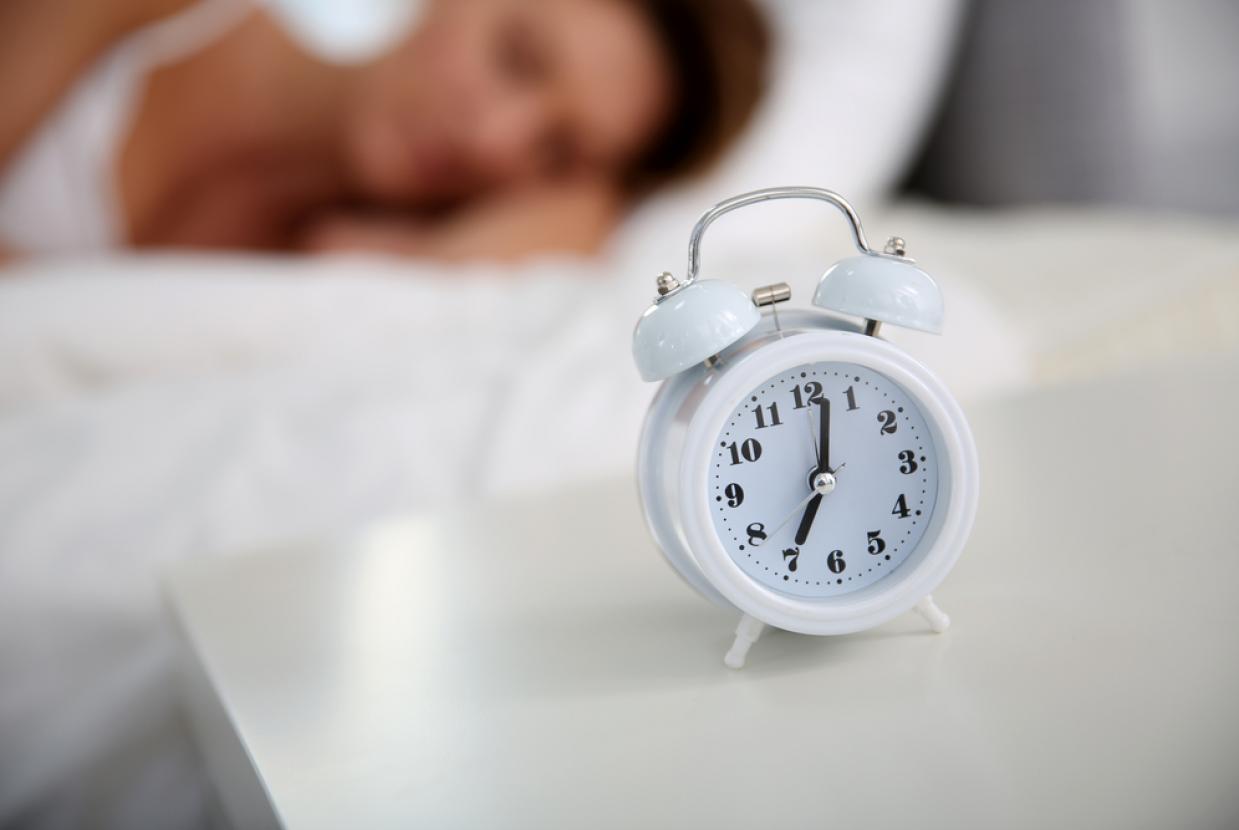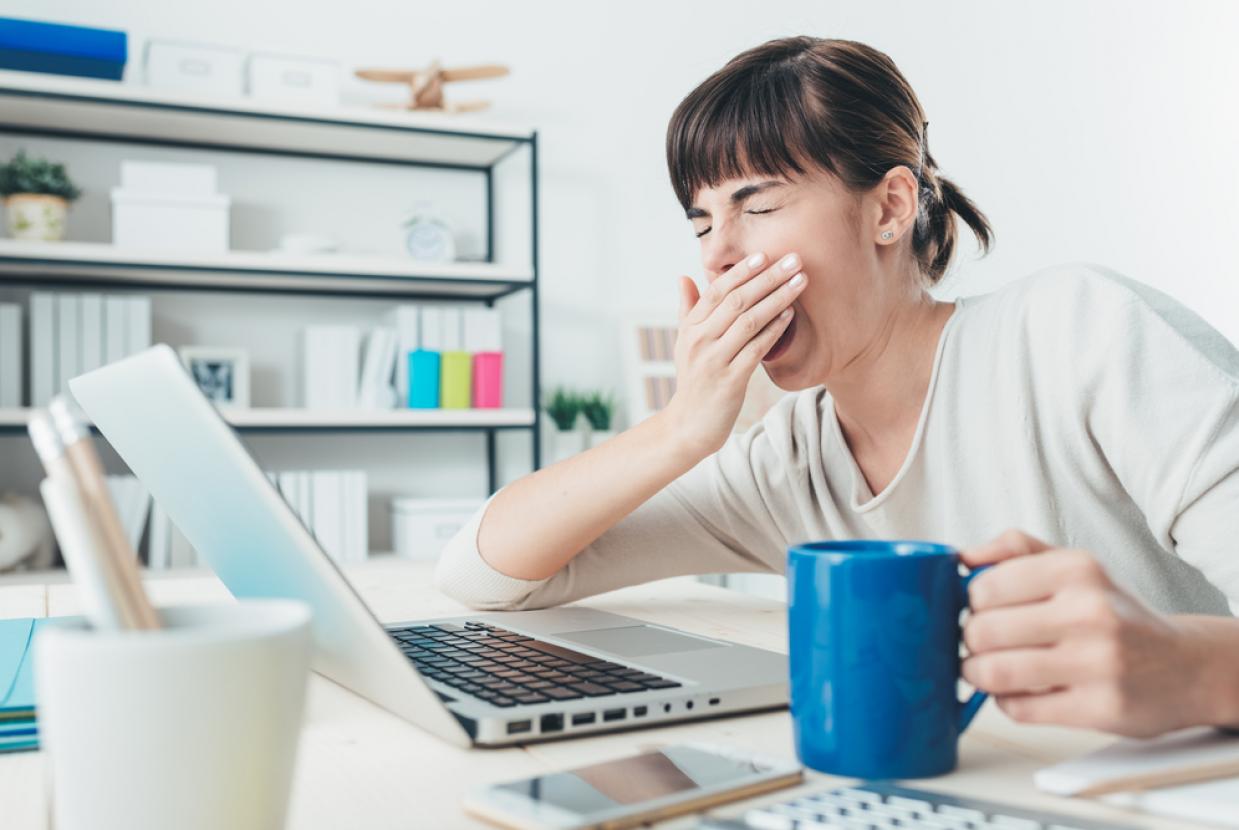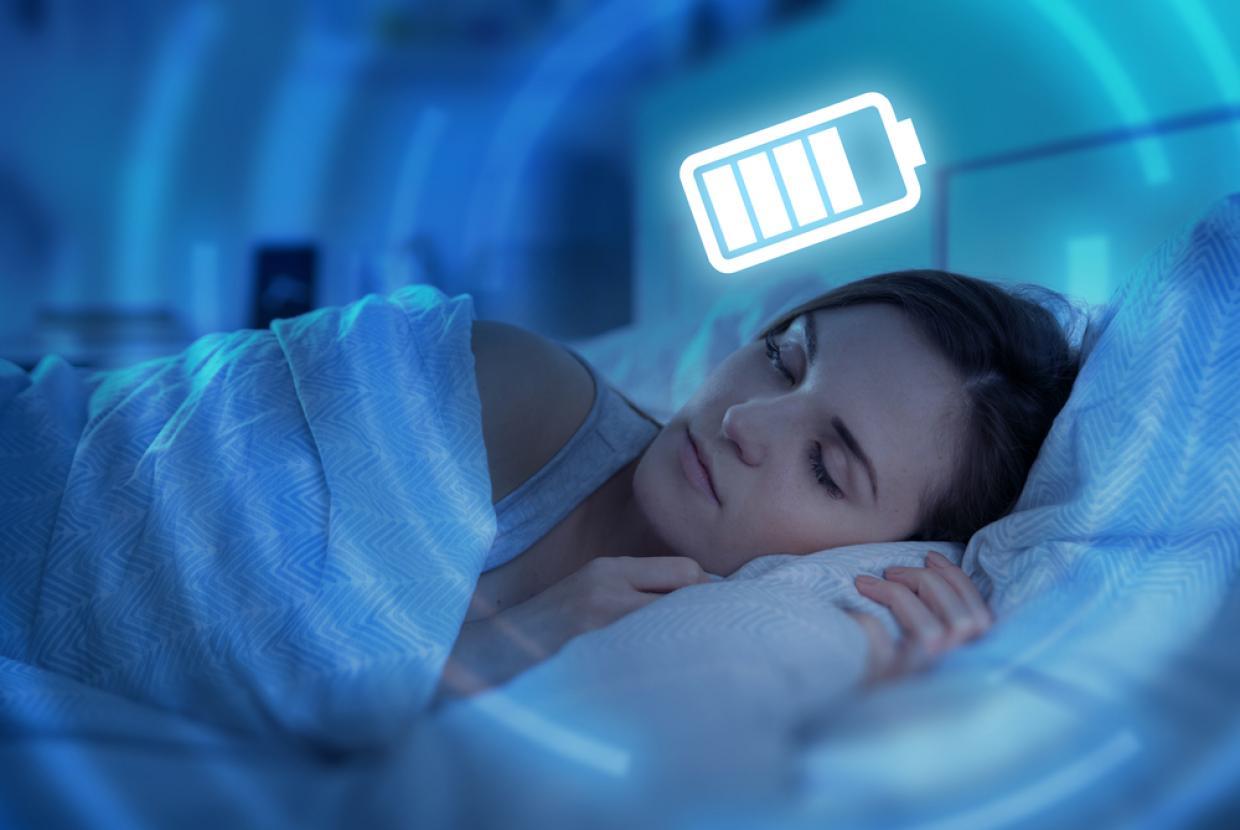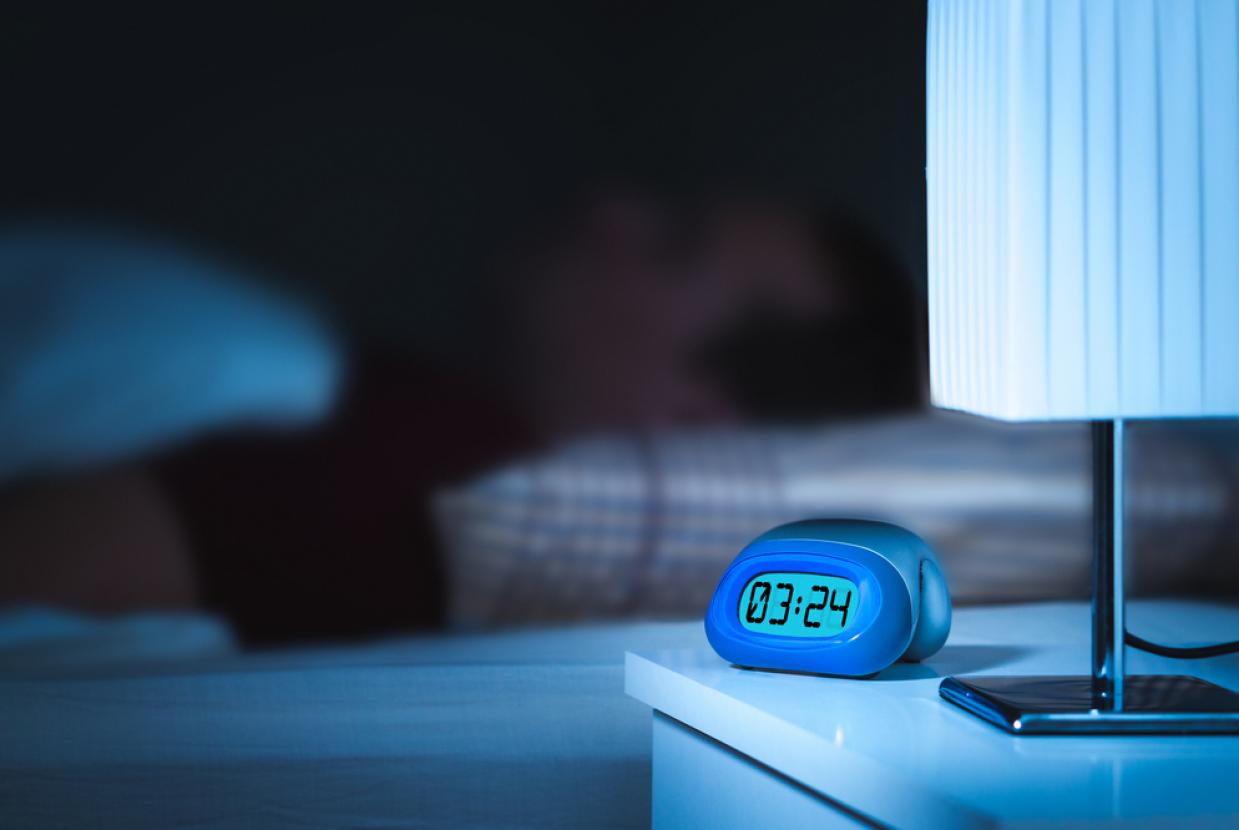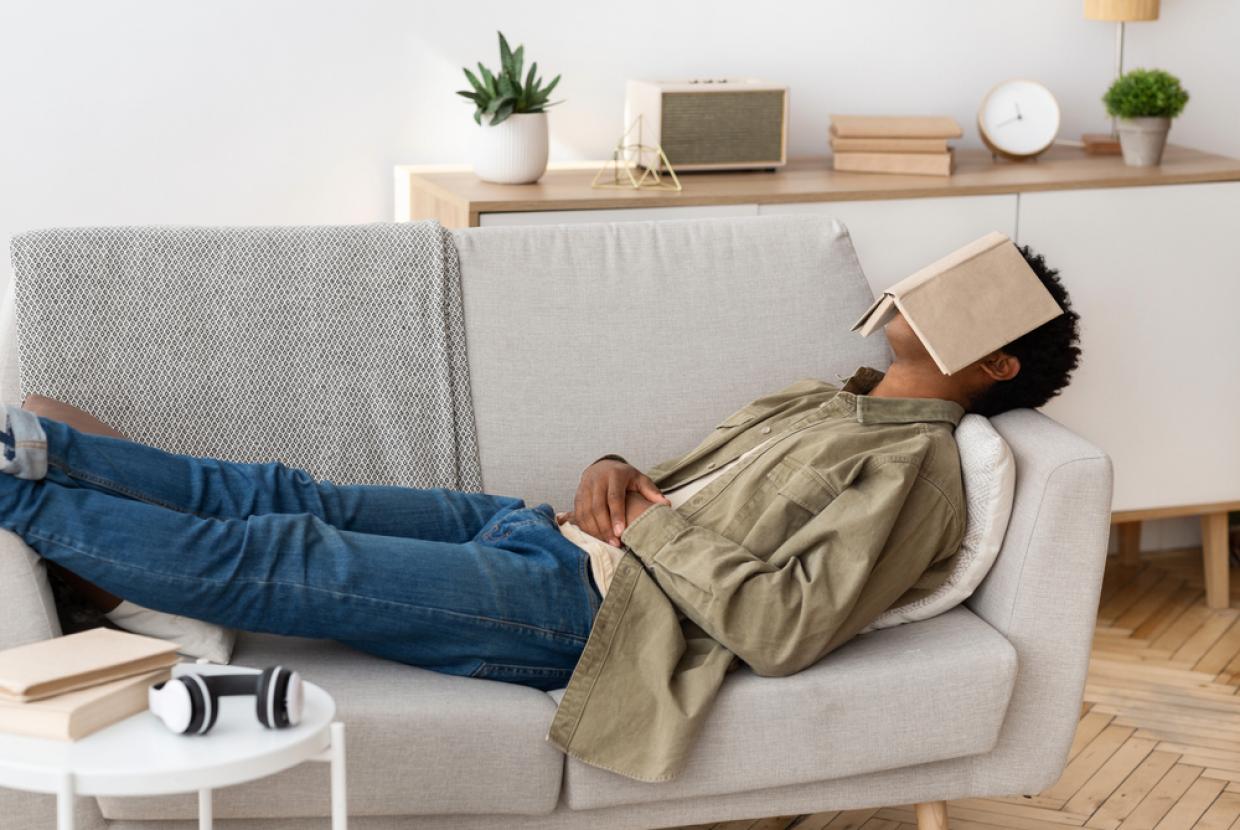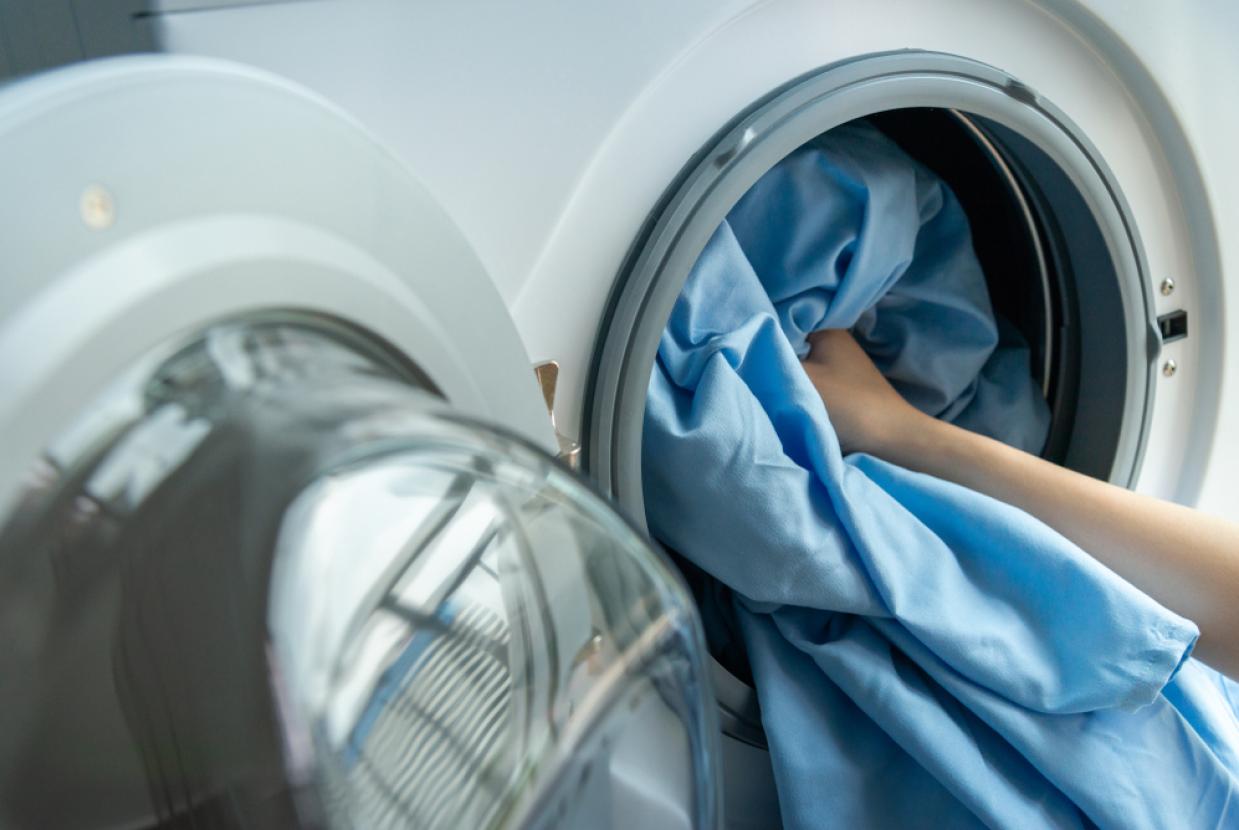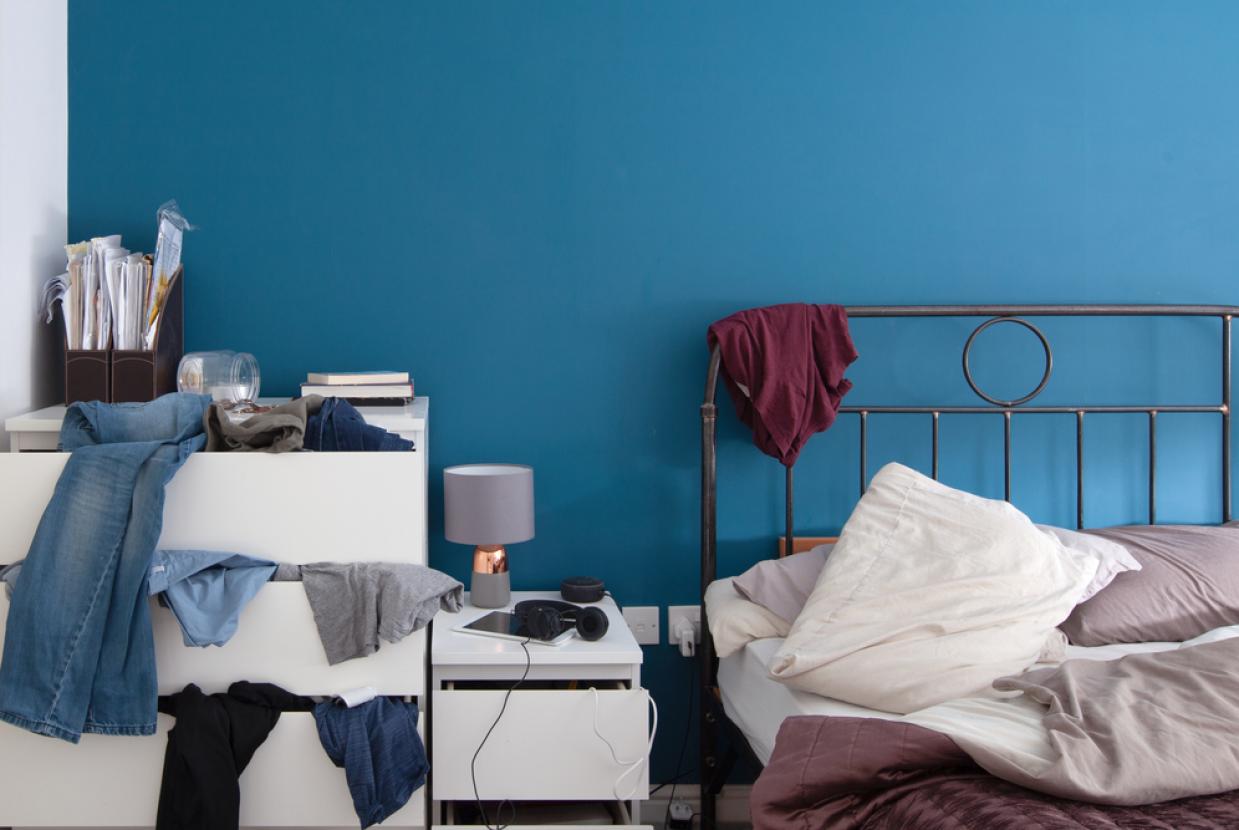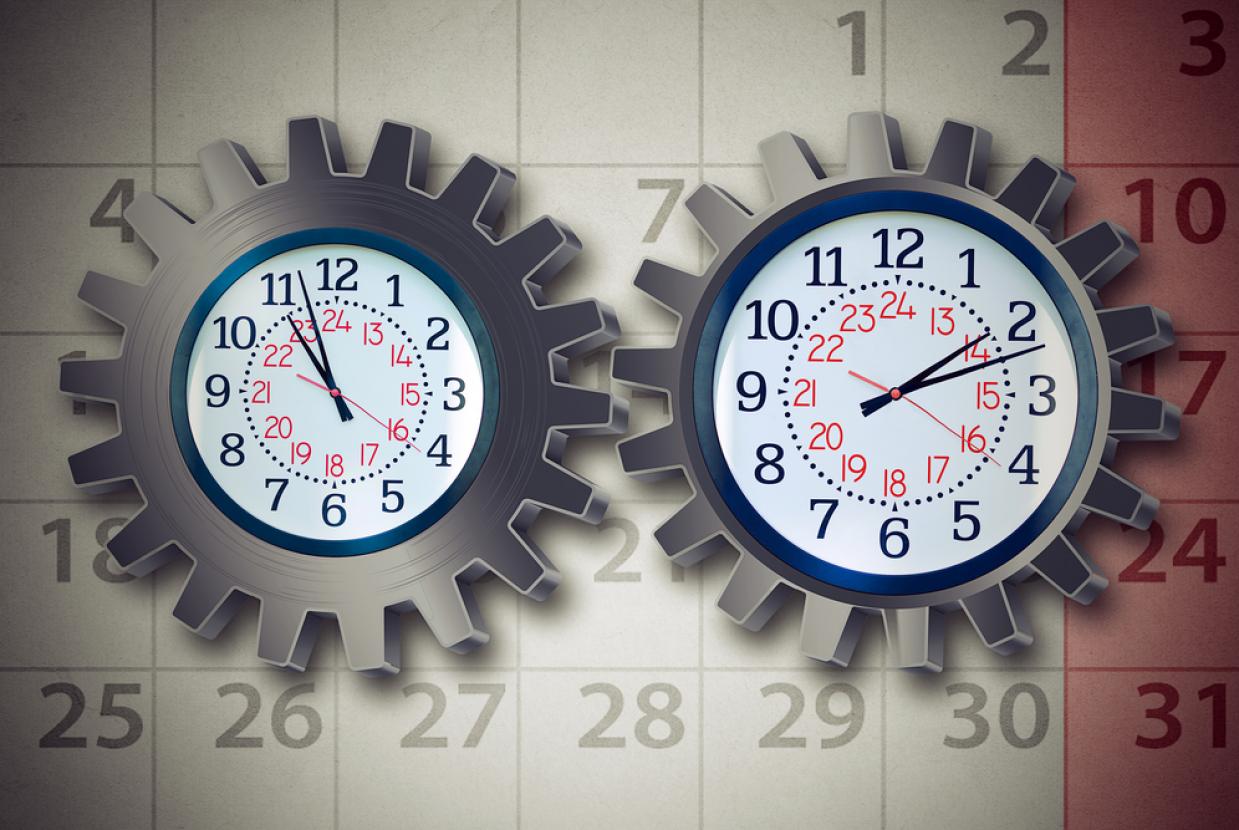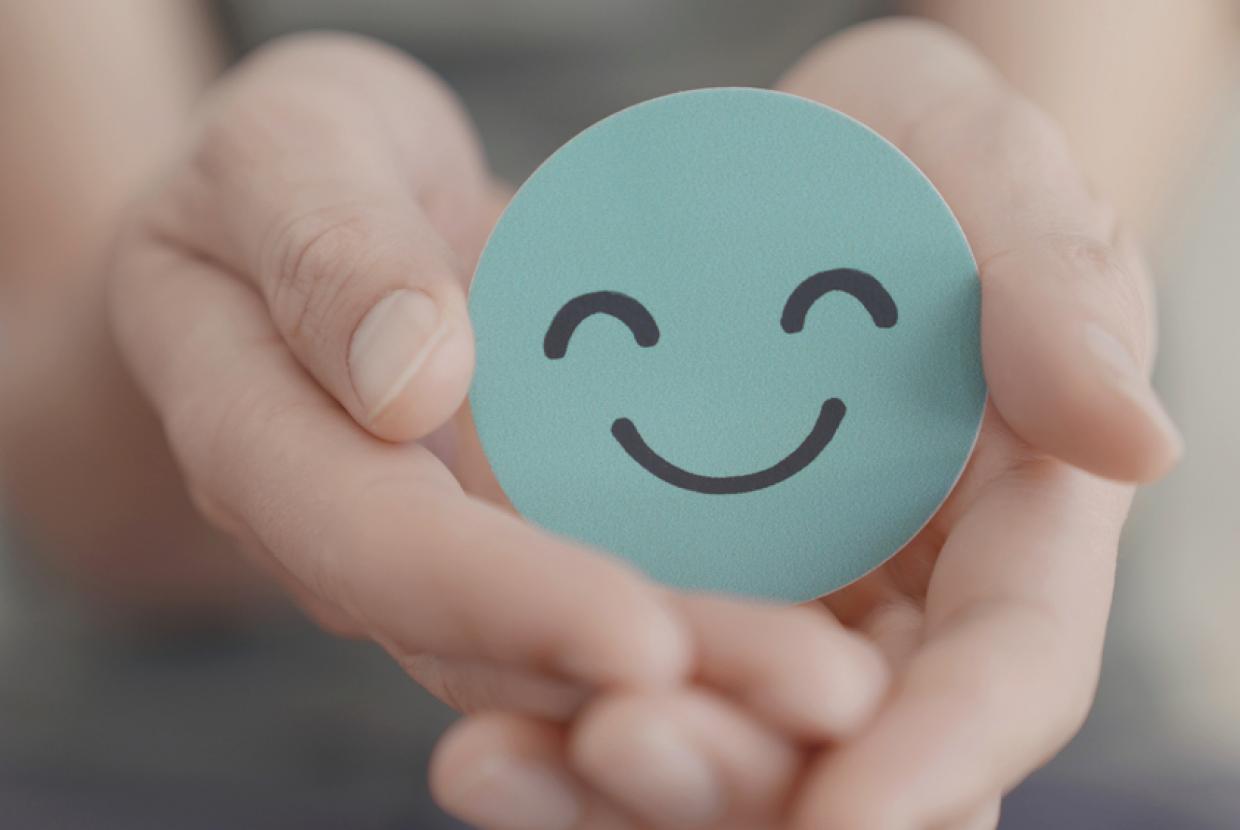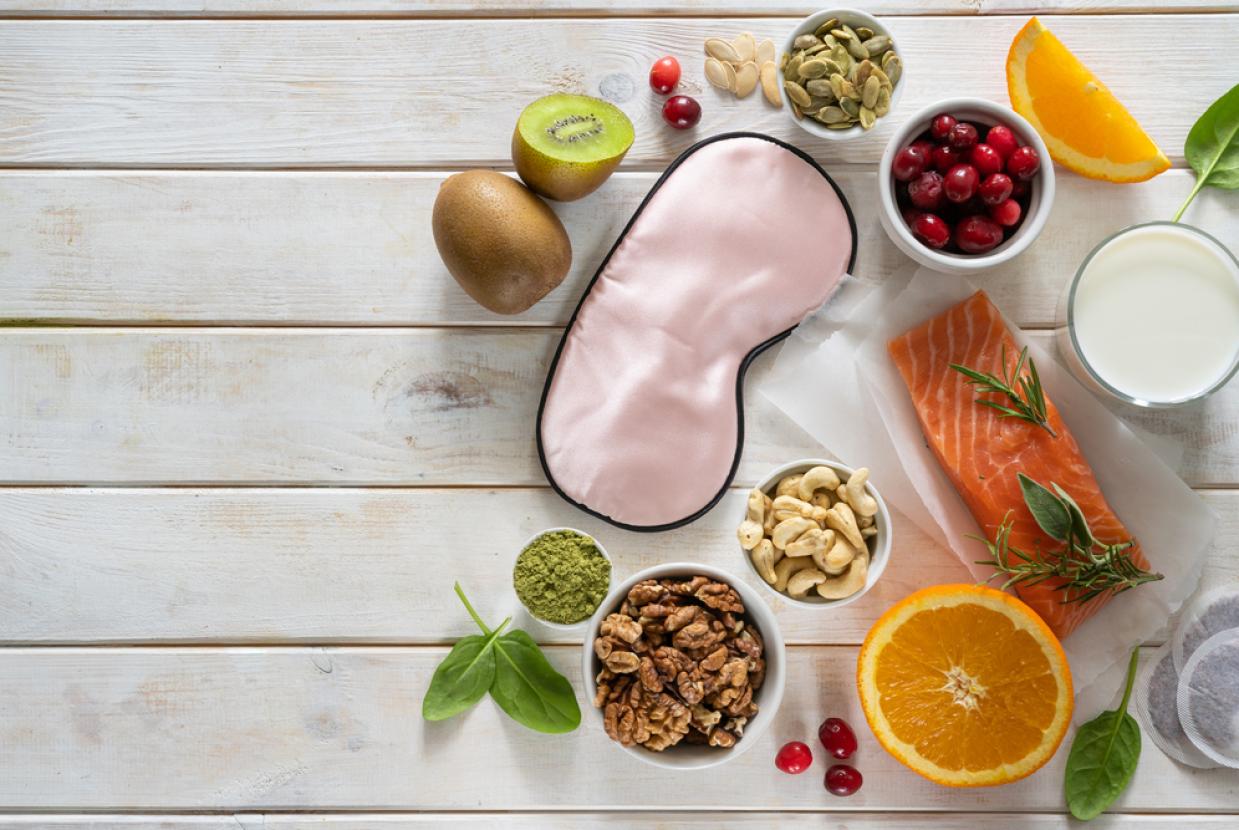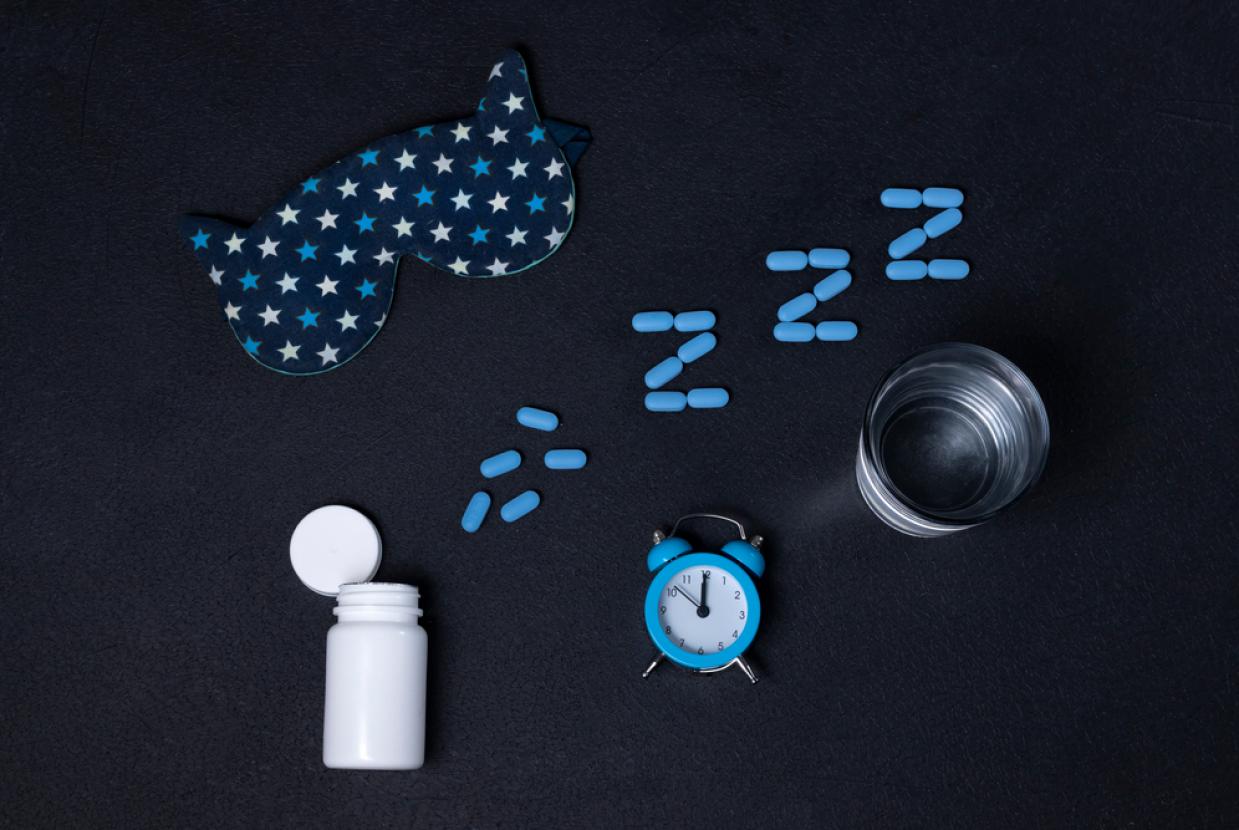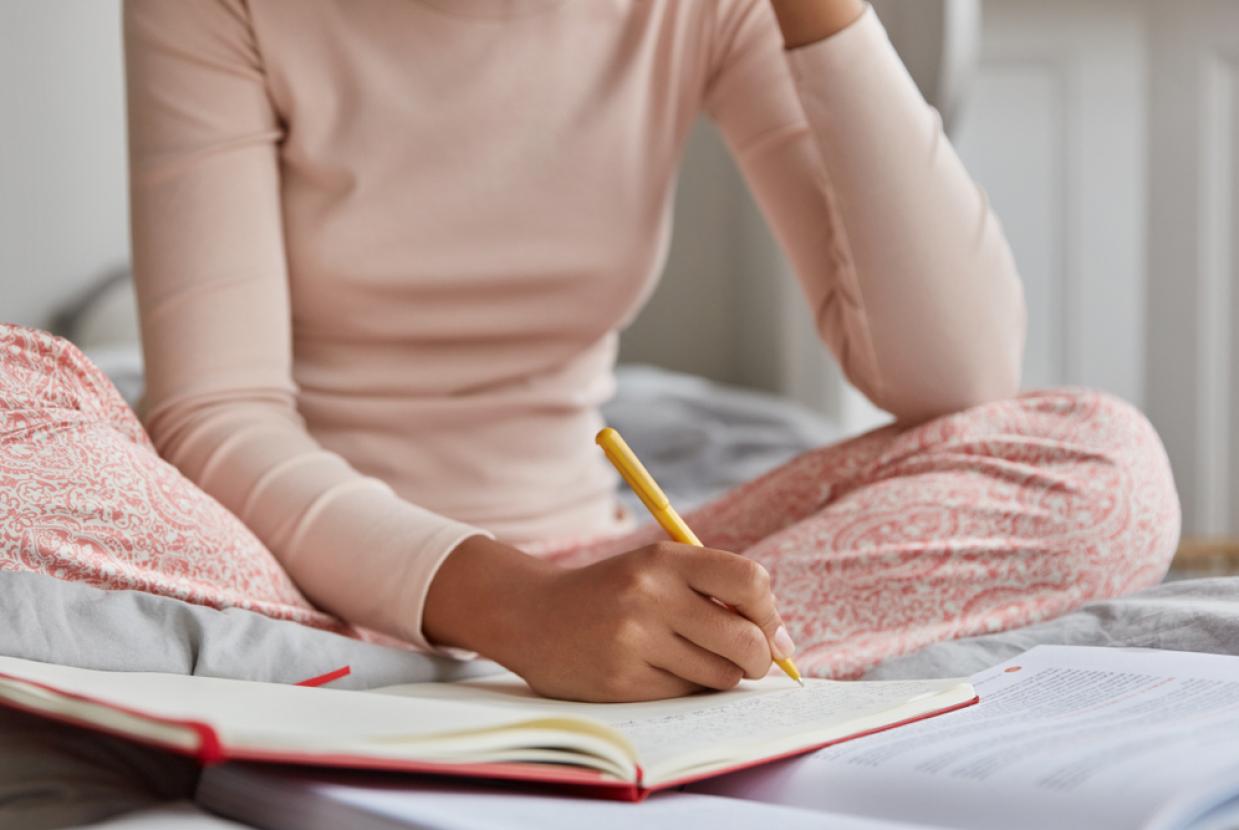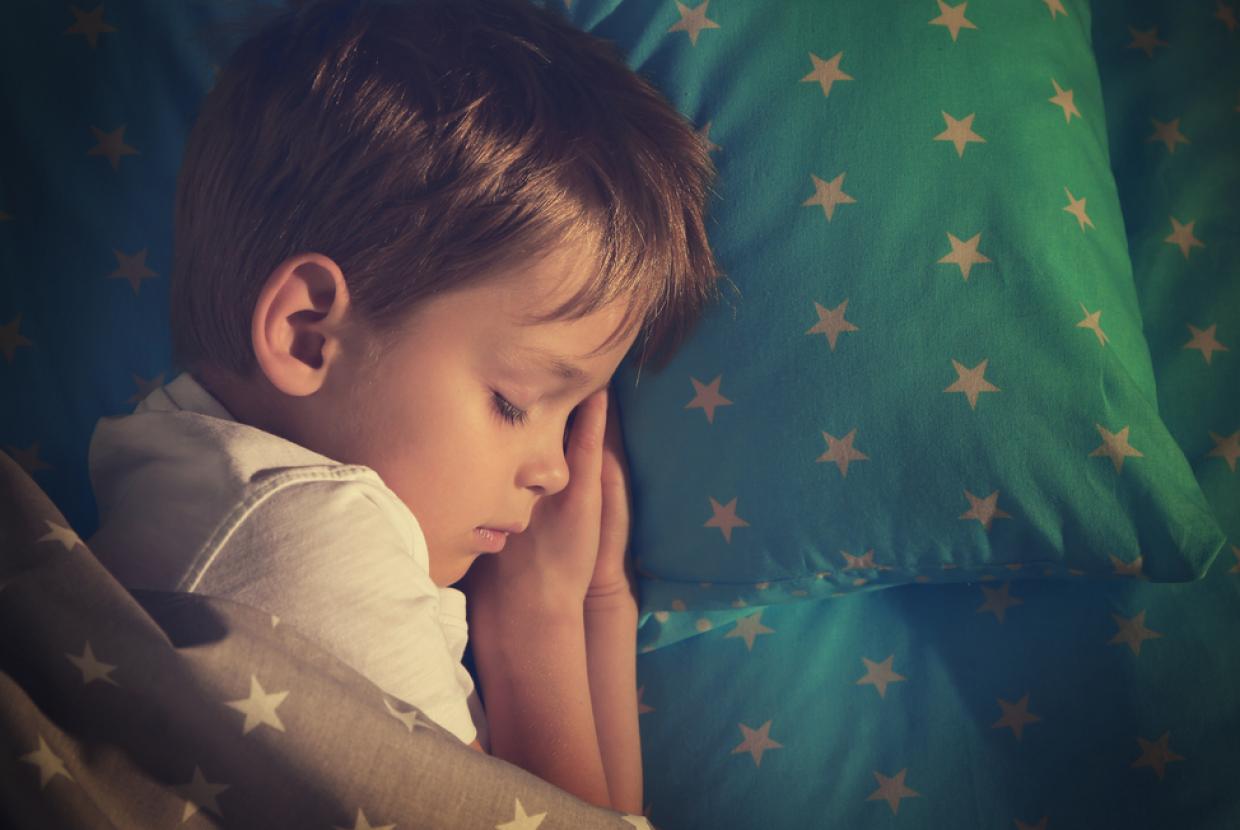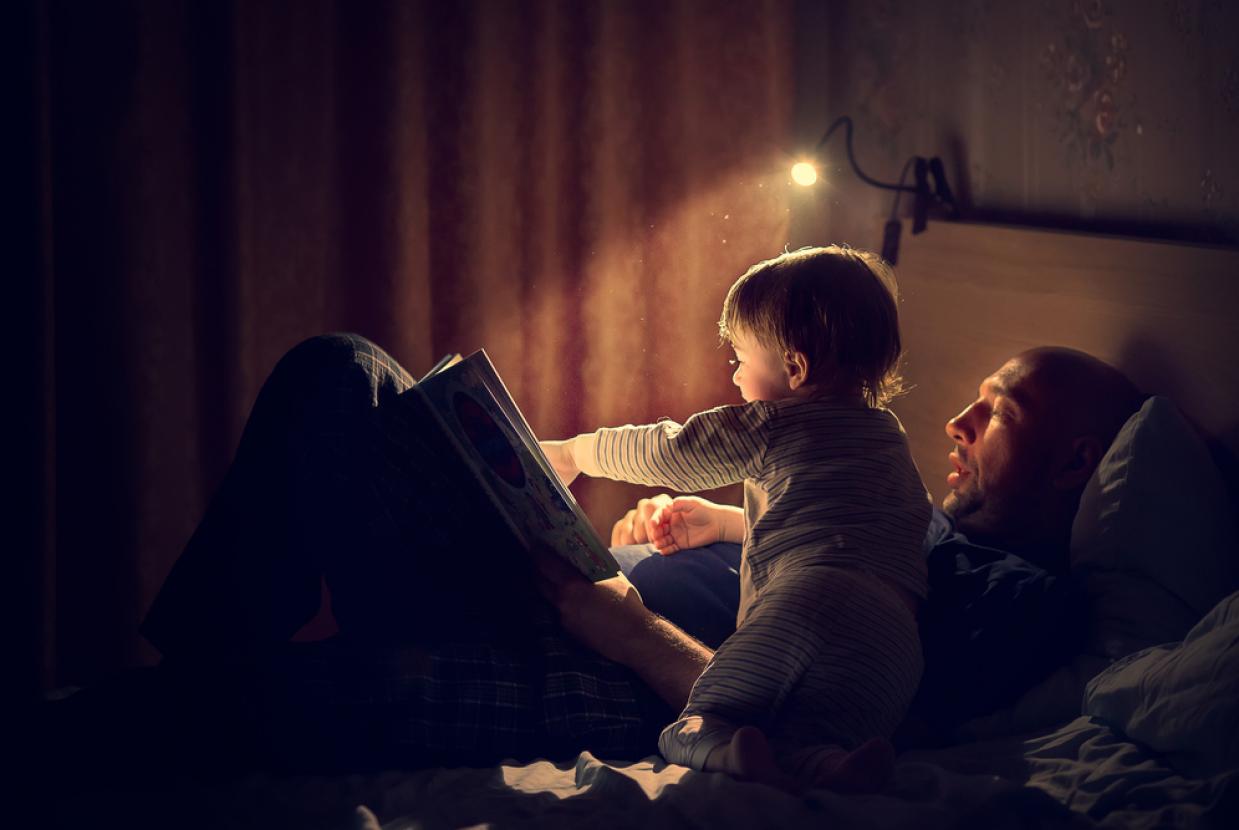Sleep Inertia
Sleeping BetterEver felt foggy, drowsy or disorientated after you’ve woken up? You’re suffering from sleep inertia – the feeling of grogginess after waking up, because you’re still in a sleep state.
It usually lasts from around five to 30 minutes but it can last for as long as two to four hours. During this time you may feel like your concentration is impaired and you don’t feel as alert.
What causes sleep inertia?
Sleep inertia (or morning grogginess) occurs when you wake suddenly during slow-wave sleep.
The brainstem arousal system is the part of the brain responsible for basic physical functioning. Though it’s activated immediately upon waking, our prefrontal cortex (PFC), which oversees decision-making and self control, takes a while to get going. It can be up to 30 minutes for our PFC to catch up with the rest of our body.
Napping
Sleep inertia is often experienced after napping because we wake mid sleep cycle. The best advice for napping is to limit to approx. 20 minutes to prevent waking during deep or slow-wave sleep.
How to avoid sleep inertia
If you’re sleep deprived, sleep inertia is worse and can last longer. Being well-rested is key – that means optimising both sleep quantity and sleep quality. Sticking to regular bed times and wake times will help to programme your mind and body to sleep better which will help regulate your body clock.
Ideally, waking up naturally is the best way to avoid sleep inertia. Being rudely awakened from sleep means our melatonin levels are still high causing sleepiness. Natural light is a great way of suppressing melatonin levels and reducing sleep inertia to make you wake feeling more refreshed.
However as most people need an alarm to wake them for school/work etc try to plan it to go off at the end of a sleep cycle. The best thing is to work backwards from the time you want to get up in a morning to give you an ideal bedtime. Multiply 90 minutes (each cycle time) by five (the number of sleep cycles per night) to get 450 minutes or 7.5 hours of sleep.
Allow yourself around 15 minutes to drop off to sleep. Therefore, if you need to wake up by 7am then count back 7.5 hours plus 15 mins (to nod off) to find that lights out time is around 11.15pm. Make sure you’re in bed before then so you’re relaxed ready for sleep.
Also avoid pressing the snooze button. If you press the snooze button, your brain knows it’ll go off again. You won’t get any of the deep, resting slumber in between snoozes. Set your alarm for when you definitely have to get up. If you have a hard time not pressing the snooze button, try putting it across the room so you have to walk over there, waking you up along the way.
Practice good sleep hygiene principles such as winding down before bedtime, avoiding caffeine and alcohol in the evening and creating a sleep friendly bedroom.


